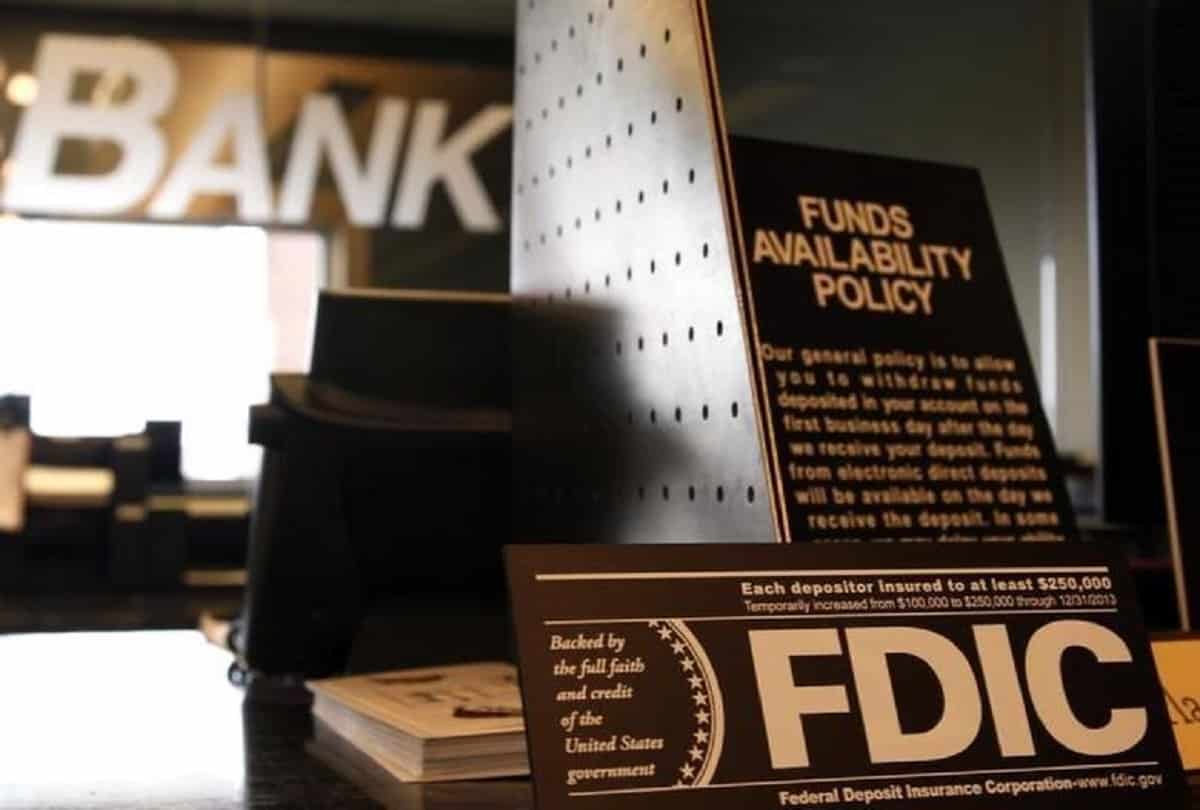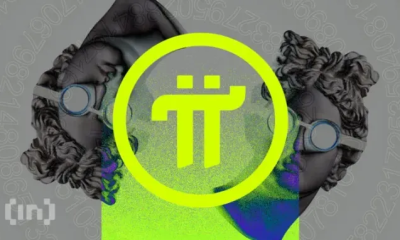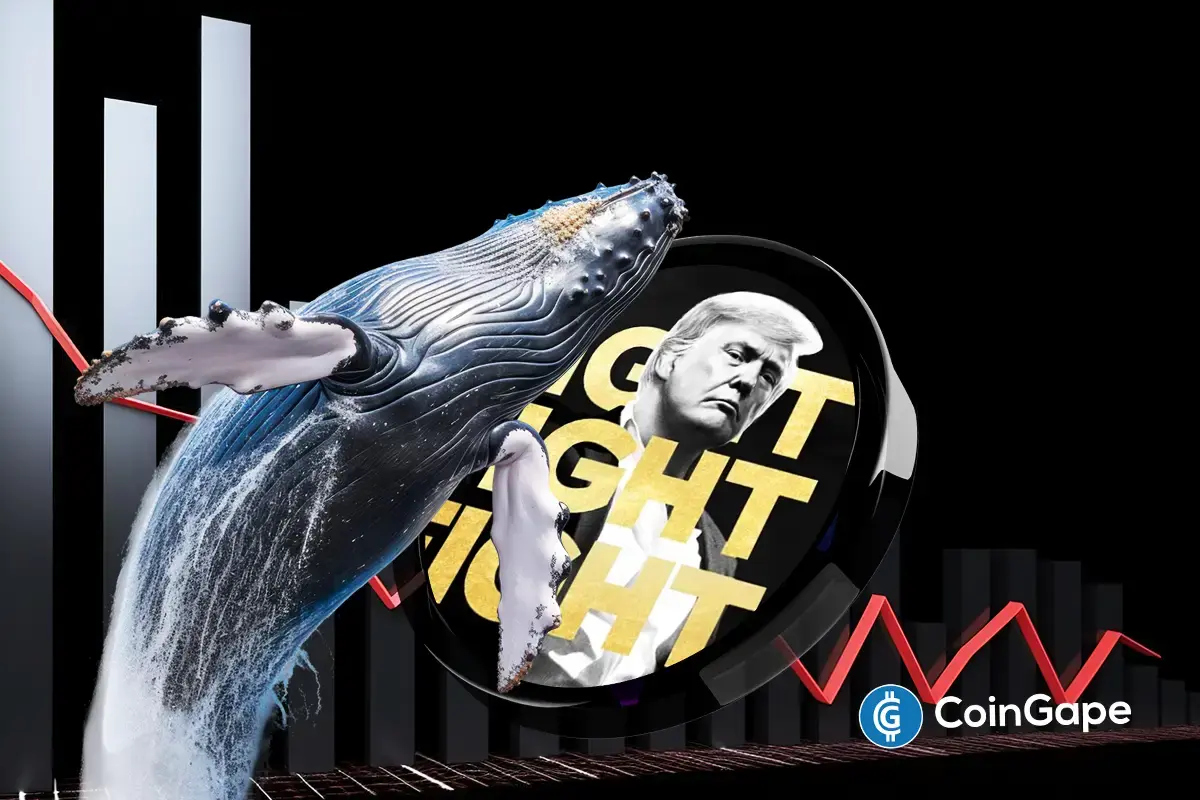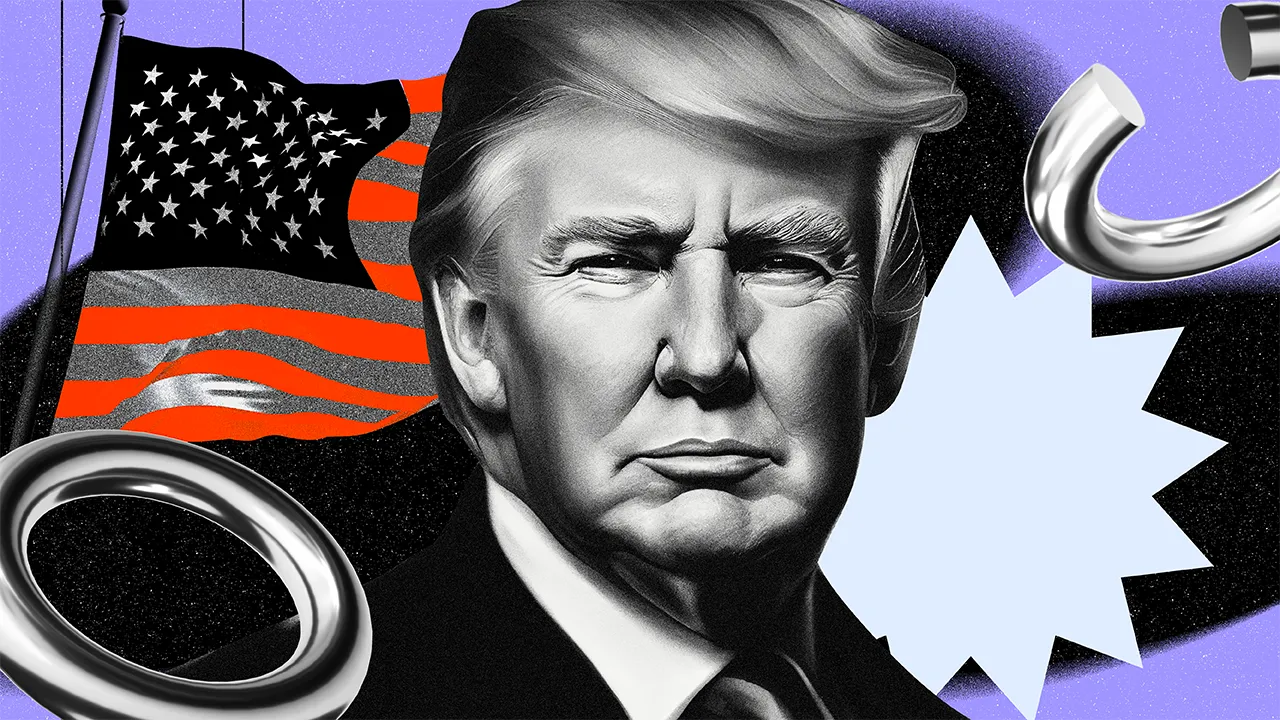Regulation
Brad Garlinghouse Discusses Ripple’s Future, Crypto Legislation & Blockchain Technology As Lawsuit Ends

Ripple CEO Brad Garlinghouse recently discussed what is next for his firm and how crypto legislation could also positively impact the crypto industry’s trajectory and the future of blockchain technology. This comes just days after the US SEC agreed to drop the long-running Ripple lawsuit.
Ripple CEO Brad Garlinghouse Reveals What As SEC Drops Lawsuit
In a FOX Business interview, Brad Garlinghouse discussed what next for his firm following the SEC’s decision to drop the Ripple lawsuit. He noted that about 95% of the company’s customers are overseas, as the lawsuit hindered their US operations.
However, he suggested that will likely change moving forward as they grow their operations in the country. Garlinghouse remarked that they have already been witnessing domestic interest since US President Donald Trump took office. The Ripple CEO revealed they have signed more deals since then than in the six months preceding Trump’s inauguration.
The company is expected to grow further in the US after the SEC agreed to drop the Ripple lawsuit. Brad Garlinghouse predicts that his firm’s innovative technology will play out over the next ten to twenty years in terms of how it integrates and rewires the US financial structure in terms of payments, real estate, and securities transactions.
The Ripple CEO again took time to highlight how Trump’s crypto-related executive orders, especially the creation of the Strategic Bitcoin Reserve and Digital Asset Stockpile, have created a more friendly environment for crypto firms in the US.
He noted that financial institutions are now more open to crypto technology. As CoinGape reported, the OCC has cleared Federal Banks to engage in crypto activities.
On Stablecoin Legislation & Its Impact
Brad Garlinghouse commended the efforts of legislators like Senator Cynthia Lummis and Rep French Hill to provide regulatory clarity. These lawmakers are championing the market structure and stablecoin bills to create a regulatory framework that will guide crypto firms. Senator Lummis also recently reintroduced the Bitcoin Act to codify Trump’s vision of a Strategic Bitcoin Reserve.
The Ripple CEO welcomed the idea of regulatory clarity, stating that it would reassure customers that they can engage with them in good faith. He remarked that these customers would feel more comfortable using their technologies without fear of regulators attacking them. Garlinghouse added that this would also enable more job creation, innovation, and capital formation in the US.
Disclaimer: The presented content may include the personal opinion of the author and is subject to market condition. Do your market research before investing in cryptocurrencies. The author or the publication does not hold any responsibility for your personal financial loss.
Regulation
US SEC Drops Charges Against Hawk Tuah Girl Hailey Welch

Hawk Tuah girl Hailey Welch, known for her association with the controversial $HAWK token, has been cleared of any wrongdoing after a lengthy investigation by the U.S. Securities and Exchange Commission (SEC). The SEC has decided not to press charges against Welch in connection with the rapid rise and subsequent collapse of the meme-based cryptocurrency.
US SEC Investigation Into Hawk Tuah Girl Concludes Without Charges
The SEC had launched an investigation into the $HAWK token after its dramatic price drop. The token, which was linked to Welch’s viral persona, initially saw a market cap surge to $490 million before crashing by over 90%. Investors who were impacted by the crash filed a lawsuit against those behind the project, alleging that the coin had been promoted and sold without proper registration.
Hawk Tuah girl Hailey Welch, who cooperated fully with the investigation, expressed relief after the SEC’s decision. “For the past few months, I’ve been cooperating with all the authorities and attorneys, and finally, that work is complete,” Welch told TMZ.
Her attorney, James Sallah, confirmed that the SEC had closed the case without any findings against her, adding that there would be no monetary sanctions or restrictions on Welch’s future involvement in cryptocurrency or securities.
This Is A Developing News, Please Check Back For More
Disclaimer: The presented content may include the personal opinion of the author and is subject to market condition. Do your market research before investing in cryptocurrencies. The author or the publication does not hold any responsibility for your personal financial loss.
Regulation
Sonic Labs To Abandon Plans For Algorithmic USD Stablecoin, Here’s Why

Barely a week after hinting at launching an algorithmic USD stablecoin, Sonic Labs is shuttering its plans. Sonic Labs co-founder Andre Cronje revealed that incoming stablecoin regulation in the US contributes to the change of stance.
Sonic Labs Makes U-Turn Over Algorithmic USD Stablecoin
In mid-March, Sonic Labs disclosed plans for a yield-generating algorithmic stablecoin for its blockchain. However, new developments in the US regulatory landscape are forcing the company to ditch its algorithmic stablecoin ambitions.
Sonic Labs co-founder Andre Cronje confirmed the change in direction via an X post following the release of the full draft of the STABLE Act by Congress for clearer oversight. According to the text, lawmakers are pushing for a two-year moratorium on algorithmic stablecoin, souring Sonic Labs plans.
Unlike mainstream stablecoins backed by fiat or other commodities, algorithmic stablecoins rely on smart contracts to maintain their peg. The 2022 implosion of Terra’s ecosystem following the de-pegging of its TerraUSD (UST) algorithmic stablecoin stunned regulators.
“We will no longer be releasing a USD-based algorithmic stablecoin,” said Cronje.
In a light-hearted note, community members teased potential strategies for Sonic Labs to sidestep incoming stablecoin regulation. Apart from the loophole of launching the algorithmic stablecoin before the regulation goes live, Cronje teased an algorithmic dirham that will be denominated in USD.
Industry Players Are Bracing For New Stablecoin Regulations
Stablecoin issuers are steeling themselves for incoming stablecoin regulations in the US. While the GENIUS Act and STABLE Act continue to inch forward, there are common denominators in both bills.
For starters, there is the requirement for equivalent reserves at a 1:1 ratio with both bills steering clear of algorithmic stablecoins. The White House is favoring the GENIUS Act over the STABLE Act as lobbyists rally to stifle the possibility of a Conference Committee.
Authorities are targeting stablecoin regulation to reach Trump in two months as issuers jostle for position. Tether, Circle, and Ripple are staking their claims to lead the US government’s ambitions to rely on stablecoins to maintain the dollar’s dominance.
Disclaimer: The presented content may include the personal opinion of the author and is subject to market condition. Do your market research before investing in cryptocurrencies. The author or the publication does not hold any responsibility for your personal financial loss.
Regulation
FDIC Revises Crypto Guidelines Allowing Banks To Enter Digital Assets

The Federal Deposit Insurance Corporation (FDIC) has updated its guidelines, enabling banks to engage in cryptocurrency-related activities without seeking prior approval. This new policy shift signals a change in the FDIC’s approach to the growing role of digital assets in the banking sector.
New FDIC Guidelines on Crypto-Related Activities
The FDIC has issued a new Financial Institution Letter (FIL-7-2025), which provides updated guidance for banks looking to engage in cryptocurrency activities. The new guidance rescinds the previous policy set out in FIL-16-2022, which required banks to notify the FDIC before engaging in such activities.
Under the new rules, banks can now participate in permissible crypto-related activities without waiting for FDIC approval, as long as they manage the risks appropriately.
This change is seen as a shift in the FDIC’s stance, following the agency’s earlier stance that required prior approval for crypto engagements. FDIC Acting Chairman Travis Hill expressed that this new approach aims to establish a more consistent framework for banks to explore and adopt emerging technologies like crypto-assets and blockchain.
“With today’s action, the FDIC is turning the page on the flawed approach of the past three years,” said Hill in a statement.
This Is A Developing News, Please Check Back For More
Disclaimer: The presented content may include the personal opinion of the author and is subject to market condition. Do your market research before investing in cryptocurrencies. The author or the publication does not hold any responsibility for your personal financial loss.
-

 Market23 hours ago
Market23 hours agoWhy BTC Price Stayed Unchanged
-

 Market22 hours ago
Market22 hours agoBitcoin Price Stalls at $88K—Can Bulls Overcome Key Resistance?
-

 Bitcoin18 hours ago
Bitcoin18 hours agoStrategic Bitcoin Reserve Proposed by Brazil’s VP Advisor
-

 Market17 hours ago
Market17 hours agoTerra’s Crypto Claims Portal Opens Soon: Key Dates and Info
-

 Market16 hours ago
Market16 hours agoXRP Price Slides Slowly—Is a Bigger Drop Coming?
-

 Altcoin16 hours ago
Altcoin16 hours agoWhy Is Pi Network Coin Price Up 5% Despite Altcoins Market Correction?
-

 Market21 hours ago
Market21 hours agoPi Network Integrates With Telegram’s Crypto Wallet
-

 Market20 hours ago
Market20 hours agoEthereum Price Struggles—Is Another Breakdown on The Horizon?






















✓ Share: